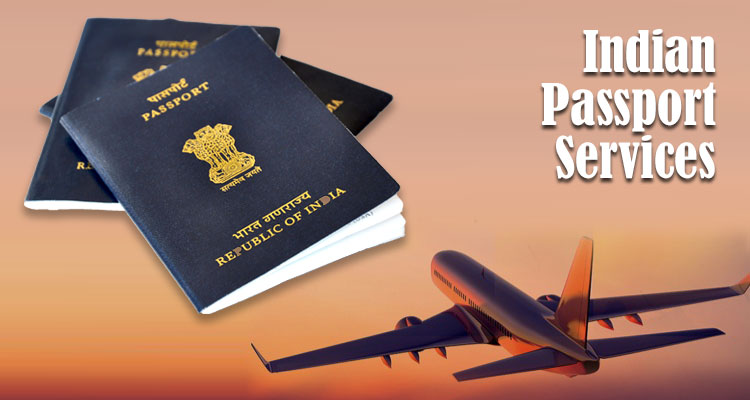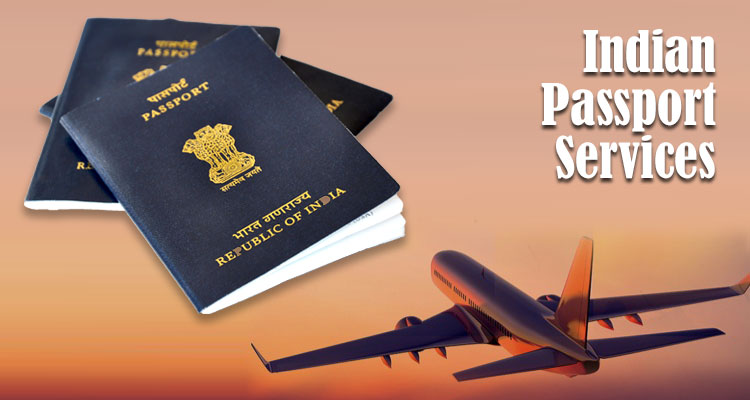ECR vs. ECNR: Decoding the Passport Categories and Their Implications
Navigating the world of passports can be confusing, especially when faced with terms like ECR and ECNR. These acronyms, standing for Emigration Check Required and Emigration Check Not Required respectively, denote the level of scrutiny an Indian citizen’s passport undergoes when traveling abroad for employment. Understanding the difference between these two categories is crucial for a smooth and hassle-free travel experience. This article delves into the intricacies of ECR and ECNR, helping you decipher which category applies to you and what it means for your overseas journey.
What is ECR? : ECR vs. ECNR: Decoding the Passport
ECR, or Emigration Check Required, signifies that individuals holding such passports require clearance from the Protector of Emigrants (POE) before traveling to certain countries for employment. This clearance is essentially a safeguard, ensuring that the individual is traveling for legitimate employment purposes and is not being exploited or trafficked. The ECR status is typically marked on the passport with a stamp or an endorsement stating “Emigration Check Required.”
Who falls under the ECR category? : ECR vs. ECNR: Decoding the Passport

Generally, individuals who haven’t completed their 10th standard (or equivalent) education fall under the ECR category. This is based on the premise that individuals with lower educational qualifications might be more vulnerable to exploitation and require additional protection. However, this is a broad generalization, and other factors can also influence ECR status. It’s always best to consult with the relevant passport authorities for definitive information regarding your specific situation.
The ECR Process: ECR vs. ECNR: Decoding the Passport
The ECR process involves obtaining emigration clearance from the POE. This requires submitting an application along with supporting documents, including your passport, employment contract, visa, and other relevant papers. The POE verifies the authenticity of these documents and conducts an interview to assess the genuineness of the employment offer and the individual’s understanding of the terms and conditions. Upon successful verification, the POE grants emigration clearance, allowing the individual to travel abroad for employment.
What is ECNR? ECR vs. ECNR: Decoding the Passport
ECNR, or Emigration Check Not Required, indicates that the passport holder does not require emigration clearance from the POE to travel abroad for employment. This simplifies the travel process significantly, as individuals with ECNR passports can directly proceed with their travel plans without having to go through the POE clearance procedure. The ECNR status is usually indicated on the passport with a stamp or an endorsement stating “Emigration Check Not Required.”
Who falls under the ECNR category? : ECR vs. ECNR: Decoding the Passport
Individuals who have passed their 10th standard (or equivalent) are generally eligible for ECNR passports. This is based on the assumption that higher education levels provide individuals with greater awareness and understanding of their rights, making them less susceptible to exploitation. However, as with ECR, this is a general guideline, and other factors can also play a role. Certain categories of professionals, like engineers, doctors, and chartered accountants, are also typically eligible for ECNR status, regardless of their educational qualifications. Again, it’s crucial to consult official sources for the most accurate and up-to-date information.
Advantages of ECNR: ECR vs. ECNR: Decoding the Passport
The primary advantage of an ECNR passport is the ease of travel. Individuals with ECNR passports can bypass the often time-consuming and complex ECR clearance process, making their travel arrangements significantly more convenient. This can be particularly beneficial for those who need to travel urgently or frequently.
Which is better, ECR or ECNR? ECR vs. ECNR: Decoding the Passport
Inarguably, ECNR is generally considered “better” in terms of convenience and ease of travel. It eliminates the bureaucratic hurdle of obtaining emigration clearance, saving time and effort. However, it’s important to remember that ECR exists for a reason – to protect vulnerable individuals from exploitation. While ECNR offers convenience, ECR provides a safety net for those who might be at higher risk.
Factors influencing ECR/ECNR status: ECR vs. ECNR: Decoding the Passport
Several factors can influence whether a passport falls under the ECR or ECNR category. These include:
- Educational Qualification: As mentioned earlier, educational qualification is a primary factor.
- Profession/Occupation: Certain professions are automatically eligible for ECNR status.
- Age: Age might also be a consideration in some cases.
- Country of Travel: The country of intended employment can also influence the requirement for emigration clearance. Some countries might have specific agreements or regulations that require ECR even for individuals who would otherwise qualify for ECNR.
How to change from ECR to ECNR: ECR vs. ECNR: Decoding the Passport
If you currently hold an ECR passport and have since attained the necessary educational qualifications, you can apply for a new passport under the ECNR category. This involves submitting an application to the passport office along with the required documents, including proof of educational qualification.
Conclusion: ECR vs. ECNR: Decoding the Passport
Understanding the difference between ECR and ECNR is essential for anyone planning to travel abroad for employment. While ECNR offers greater convenience, ECR serves an important purpose in protecting vulnerable individuals. It is crucial to check your passport status and consult with the relevant authorities to determine which category you fall under and what the implications are for your travel plans. Remember, accurate and up-to-date information is key to a smooth and hassle-free travel experience.
Disclaimer: This article provides general information about ECR and ECNR passport categories and should not be considered legal advice. The information provided here is based on commonly available knowledge and may be subject to change. It is strongly recommended to consult with

